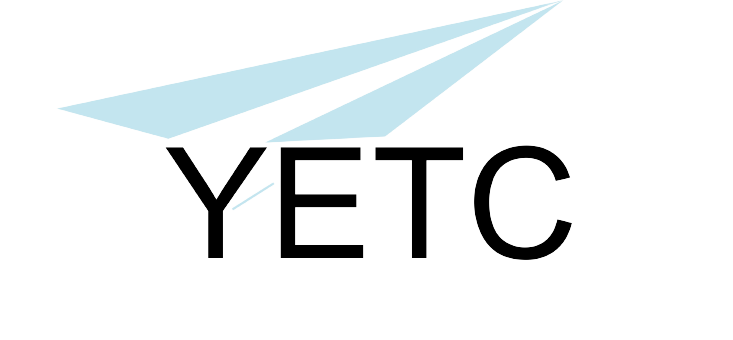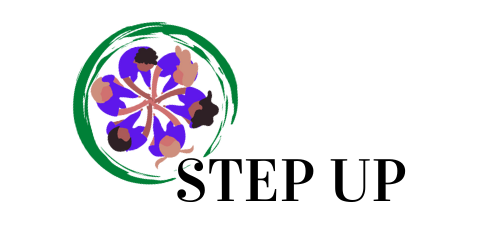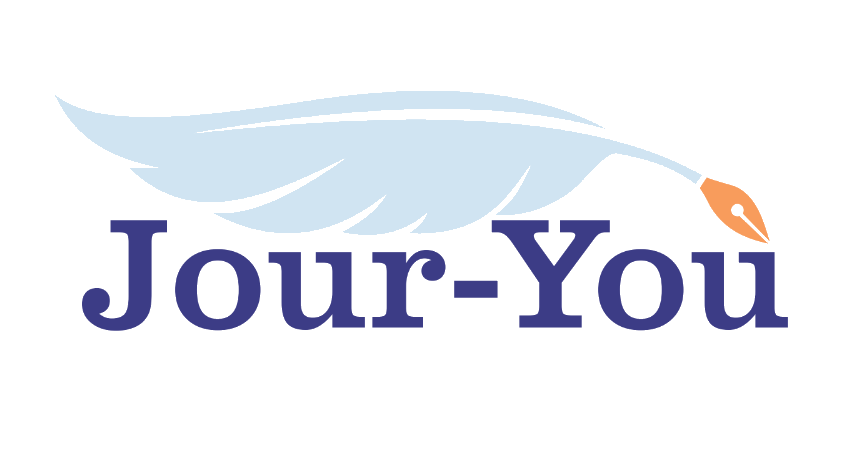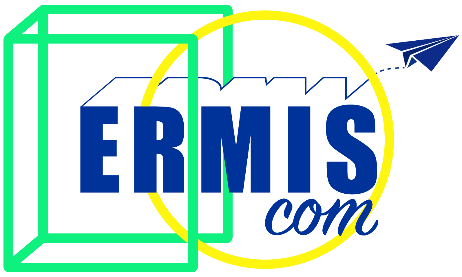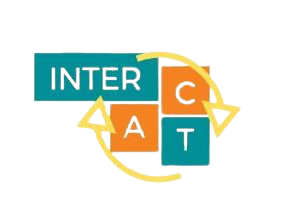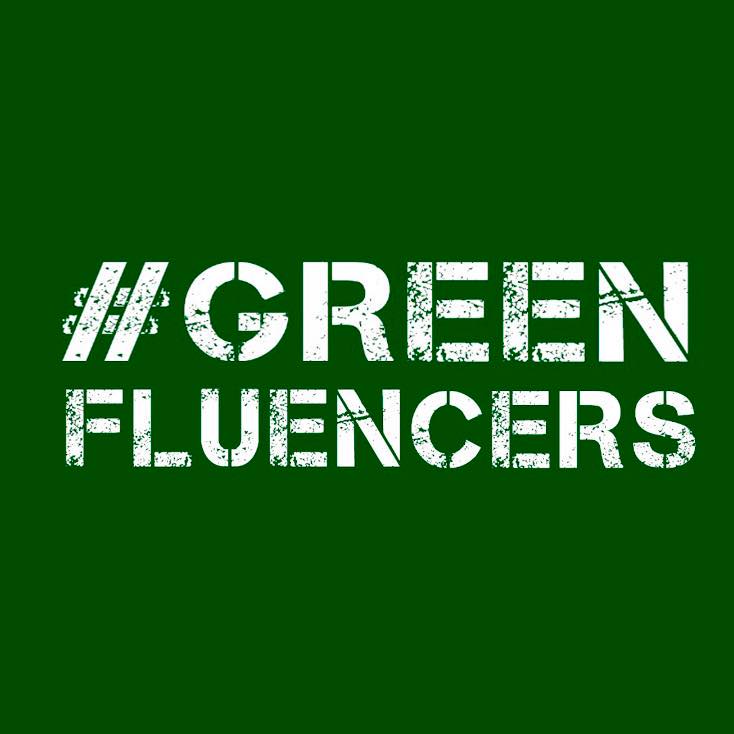OUR PUBLICATIONS
This section on the website of EKO provides you with some background information on the themes and topics of our projects and those projects that we participate in. All articles are developed in coordination with the whole team, but written by members of EKOyouth, which consist of young people, students, interns and volunteers.
By clicking on each title, you can find the full article in pdf form!
“Training Toolkit on Youth Entrepreneurship”
The development of this toolkit aims to inspire the entrepreneurial mindset among its participants and facilitate youth activism that can offset some of the challenges of Covid-19. In other words, through this toolkit, we hope to inspire and motivate young people and youth workers to realise their ideas and initiatives through entrepreneurial vision and active participation.
Authors: Partnership of “YETC – Young Entrepreneurs in Times of Crisis”
Contributing Author of EKO: Rasa Tucinskaite (Post Graduate of Cultural Management and Politics, project manager and youth worker in EKO)
Assistant Author: Sara Bandinu (intern at EKO in the framework of the Erasmus+ Traineeship), Aurora Passarini (intern at EKO in the framework of the Erasmus+ Traineeship)
“Guidebook of non formal activity for fostering the employability of Migrant Women“
This he guidebook is composed by a toolkit of non formal activities and external sources to foster the employability skills of migrant women. Soft skills are the 21st century skills and they constitutes an essential component in the learning process, in parallel and beyond the education offered by a state provides for their citizens. Furthermore, soft skills increases people’s opportunity in the labour market.
Authors: Partnership of “STEP – UP: Sustainability skills entrepreneurial mind set to foster migrant women employability and upskilling possibilities”
Contributing Author of EKO: Stefano Esposito (Post Graduate of Local and Global Development, project manager and youth worker in EKO)
Assistant Authors: Guilherme Manso Echeverri (Graduate Student of International Relations and Diplomacy, intern at EKO in the framework of the Erasmus+ Traineeship)
“Manual for Educators“
This product can be used by NGO, schools, associations and VET organisations to acquire knowledge necessary to use the STEP UP program or just fostering immigrant women’s competences. The present manual offers a new possibility for adult educators’ professional development fostering their abilityto address the learning needs of the target group and their skill improvement to be ready to compete in the 21st century labour market.
Authors: Partnership of “STEP – UP: Sustainability skills entrepreneurial mind set to foster migrant women employability and upskilling possibilities”
Contributing Author of EKO: Stefano Esposito (Post Graduate of Local and Global Development, project manager and youth worker in EKO)
Assistant Authors: Kyriaki Panourgia (President of EKO)
“Training toolkit for youth workers on media literacy “
In this training toolkit you will find 30 tools for non-formal learning that young people working in the youth field can use to introduce them to the basics of citizen journalism and media literacy. The focus is on developing skills to search and process information, detect and identify fake news, create content and distribute it through social media and other traditional channels. Particular attention is given to building leadership skills and communication with specific audiences, as well as developing an ethical stance on important social issues and topics.
Authors: Partnership of “JOUR YOU”
Contibuting Author: Angeliki Marinou (Graduate of MSc. Media & Refugee/Migration Flows, project manager & youth worker in EKO, former volunteer in EKO’s ESC project “ISLANDS4FUTURE”)
“Guide on Citizen journalism for youth (with best practices)”
In this inspiring guide, you’ll find 21 examples of citizen journalism done right. The guide is divided into four thematic categories: Online Journals, Data Control Platforms, Educational Initiatives, Online Safety and Professional Support Programmes. We aimed to provide a detailed analysis of each example, answering the three key questions: what makes the example great, how it makes a difference, and how it can be adopted to facilitate a deeper understanding for the reader. Discover what citizen journalism is and read about some great examples of their work.
Authors: Partnership of “JOUR YOU”
Contributing Author: Elisavet Vasileiou (Graduate of Molecular Biology and Cognitive Neuroscience, project manager and youth worker in EKO)
Contibuting Author: Angeliki Marinou (Graduate of MSc. Media & Refugee/Migration Flows, project manager & youth worker in EKO, former volunteer in EKO’s ESC project “ISLANDS4FUTURE”)
“ERMIScom e-BOOKS”
The Addendum is a horizontal deliverable of the KA2-Strategic Partnerships for Higher Education Project ERMIScom (2020-1-EL01-KA203- 078981), which integrates elements of innovation and principles of non-formal education in the delivery of the ERMIScom Master Curriculum on Media and integration of vulnerable social groups. The Addendum provides a compilation of 60 non-formal learning activities that utilize youth work methodologies, can be applied in the lecture hall as part of the formal curriculum, and target a wide range of vital transferrable skills for students, young journalists and conscious citizens entrepreneurs during the crisis.
Author: Elisavet Vasileiou (Graduate of Molecular Biology and Cognitive Neuroscience, project manager and youth worker in EKO)
Author: Stelios Arvanitidis (Graduate of Political Science, political analyst, Correspondent at the Observatory of International and European Affairs of AUTH and member of EKO’s youth team).
Assistant Authors: Kyriaki Panourgia (President of EKO)
“ERMIScom ADDENDUM – COMPANION OF NON-FORMAL EDUCATION METHODS AND ACTIVITIES”
The Addendum is a horizontal deliverable of the KA2-Strategic Partnerships for Higher Education Project ERMIScom (2020-1-EL01-KA203- 078981), which integrates elements of innovation and principles of non-formal education in the delivery of the ERMIScom Master Curriculum on Media and integration of vulnerable social groups. The Addendum provides a compilation of 60 non-formal learning activities that utilize youth work methodologies, can be applied in the lecture hall as part of the formal curriculum, and target a wide range of vital transferrable skills for students, young journalists and conscious citizens entrepreneurs during the crisis.
Author: Elisavet Vasileiou (Graduate of Molecular Biology and Cognitive Neuroscience, project manager and youth worker in EKO)
Assistant Authors: Kyriaki Panourgia (President of EKO), Sara Bruccoleri (Graduate of International Cooperation on Human Rights and Intercultural Heritage, and intern in EKO), Minou Payman (Graduate of Planning and Managing of Educational Intervention in social distress, and intern in EKO)
“YETC – YOUNG ENTREPRENEURS IN TIMES OF CRISIS: INSPIRATIONAL GUIDE”
This Inspirational guide aims to explore the current practices in action, which were born because of young people’s creativity, commitment and engagement.
The guide will generate ideas for improving the training methods, approaches and content. It can also be used as a case-study resource in education both for young people and students.
The following texts make up a kaleidoscope of the actions, experiences, reflections, good practices, facts, hopes and dreams of many young entrepreneurs during the crisis.
Authors: Partnership of “YETC – Young Entrepreneurs in Times of Crisis”
Contributing Author of EKO: Rasa Tucinskaite (Post Graduate of Cultural Management and Politics, project manager and youth worker in EKO)
Assistant Author: Giuliana Ambrosino (Graduate of Languages and Intercultural Communication in Euromediterranean Area, intern at EKO in the framework of the Erasmus+ Traineeship)
“IAC – INTERCULTURAL ACTION COMPETENCES”
In addition to the development of a web app that encourages participants ininternational youth mobilities to understand, reflect, practice, and validate their experiences, the handbook Intercultural Encounters All a Youth Worker needs to InterAct has been compiled.
The latter is a collection of tools, examples, and good practices for the inclusion of intercultural action competence (IAC) in international mobility projects. The handbook explains the basic elements relevant to understanding the concepts of culture, interculturality, critical events in intercultural encounters and finally
IAC. It also contains a collection of examples of how relevant learning modules can be integrated into youth mobility projects as well as practical non formal methods that can easily be implemented with youngsters to foster intercultural competences. Each chapter concludes with a short competence validation for
the reader.
Authors: Partnership of “IAC – Intercultural Action Competences”
Contributing Author of EKO: Stefano Esposito (Post Graduate of Local and Global Development, project manager and youth worker in EKO)
“YETC – YOUNG ENTREPRENEURS IN TIMES OF CRISIS”
The main objective of this joint nationals’ report of partner countries (Bulgaria, Greece, Italy, North Macedonia, Poland, and Romania) is to identify and analyse the sources describing the state of (youth) entrepreneurship, to identify the overall development of national policies towards entrepreneurship, to identify and analyse the sources describing the measures in the partner countries in terms of starting new entrepreneurial initiatives. Based on this paper, the training materials foreseen in Result 2, will be tailor-made to the needs of youth in partner countries.
Authors: Partnership of “YETC – Young Entrepreneurs in Times of Crisis”
Contributing Author of EKO: Rasa Tucinskaite (Post Graduate of Cultural Management and Politics, project manager and youth worker in EKO)
Assistant Author: Giuliana Ambrosino (Graduate of Languages and Intercultural Communication in Euromediterranean Area, intern at EKO in the framework of the Erasmus+ Traineeship)
#GREENFLUENCERS: YOUTH WORKERS FOR A GREENER FUTURE”
This booklet is the summary of the activities, implemented locally during the Erasmus + KA2 project #Greenfluencers: Youth Workers for a Greener Future” in Spain, Greece, Italy, Portugal, and Slovenia. All the activities aim to raise awareness among young people in the context of environmental protection and are related to the concepts of social eco-entrepreneurship, Social and solidarity-based economy, Circular economy and green growth, and Zero Waste activism. This booklet is a toolkit and a source of inspiration for the youth workers and educators who are willing to raise awareness and foster activism in the field of environmental protection.
Authors: Partnership of “#Greenfluencers: Youth Workers for a Greener Future”
Contributing Author: Rasa Tucinskaite (Post Graduate of Cultural Management and Politics, project manager and youth worker in EKO)
Contributing Author: Stefano Esposito (Post Graduate of Local and Global Development, project manager and youth worker in EKO)
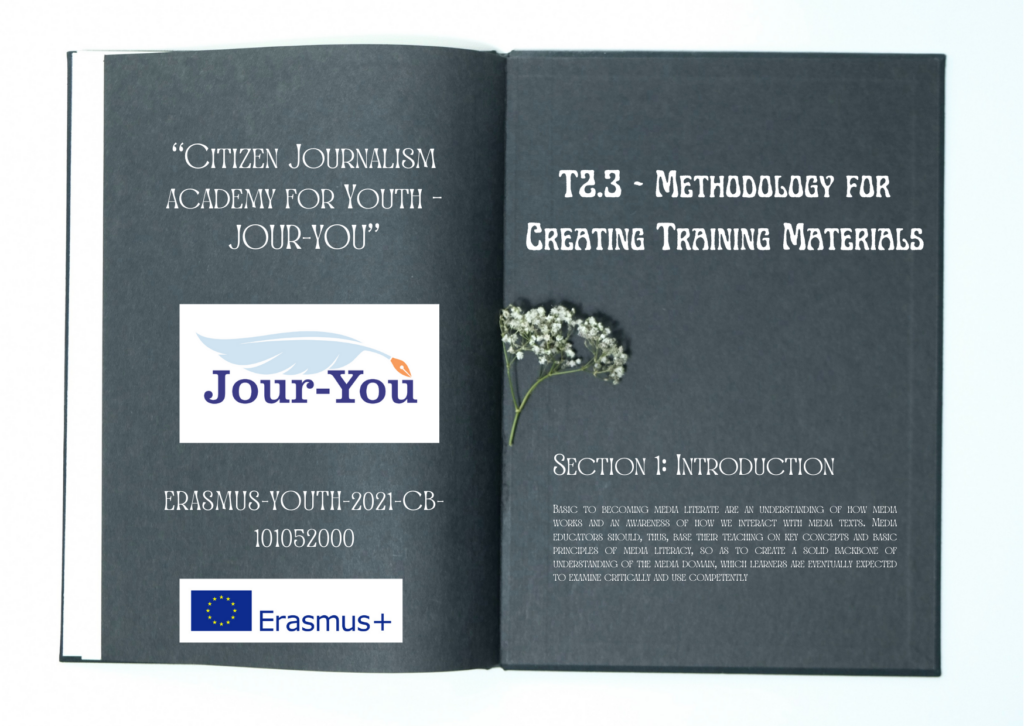
JOUR-YOU: METHODOLOGY OF DEVELOPING EDUCATIONAL MATERIAL FOR CITIZEN JOURNALISM
A methodological guidebook was developed by EKO in the context of “Citizen Journalism Academy for Youth” (JOUR-YOU) project, ERASMUS-YOUTH-2021-CB- 101052000, with the aim to support youth workers and educators in their efforts to develop effective courses and other learning experiences that promote media literacy and/or citizen journalism. The guide describes the basic characteristics and principles of media literacy and citizen journalism, enlists a series of competences that relevant educational initiatives should target and analyses a wide range of methodologies that educators can apply to achieve the desired learning outcomes.
Author: Elisavet Vasileiou (Graduate of Molecular Biology and Cognitive Neuroscience, project manager and youth worker in EKO)
Assistant Author: Giuliana Ambrosino (Graduate of Languages and Intercultural Communication in Euromediterranean Area, intern at EKO in the framework of the Erasmus+ Traineeship)
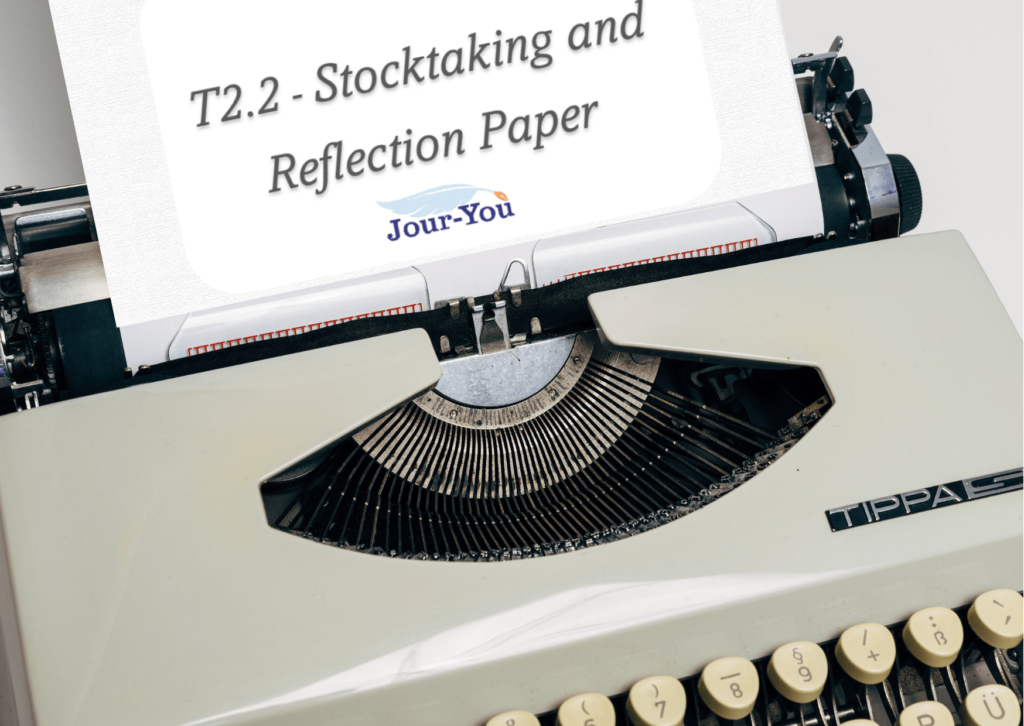
JOUR-YOU: STOCKTAKING AND REFLECTION PAPER
A joint Stocktaking & Reflection Paper was developed in the context of “Citizen Journalism Academy for Youth” (JOUR-YOU) project, ERASMUS-YOUTH-2021-CB- 101052000, with the aim to assess the current state of the Media Landscape (freedom of expression and freedom of press, political independence, pluralism, social inclusiveness, level of action and support of community media) in the partner countries. On the basis of this analysis, the paper identifies country-specific learning needs with regards to media literacy and citizen journalism and provides a series of recommendations aimed at facilitating effective education on these fields.
Authors: Partnership of “Citizen Journalism Academy for Youth” project
Contributing Author of EKO: Elisavet Vasileiou (Graduate of Molecular Biology and Cognitive Neuroscience, project manager and youth worker in EKO)
Assistant Author: Eirini Metaxotou (Graduate of Economic and Regional Development with a focus on sustainability, Assistant Project Manager in EKO)
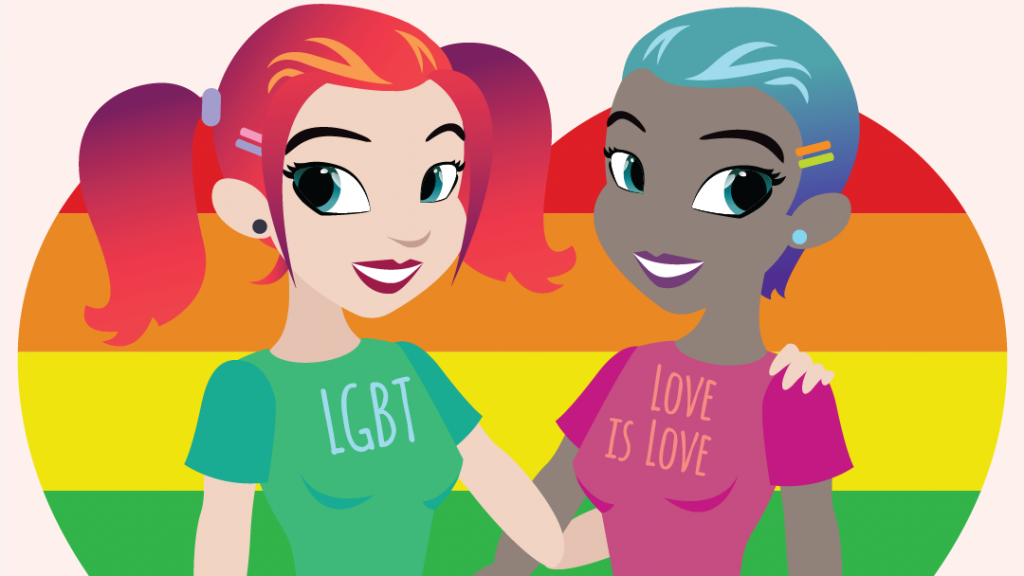
GENDER BASED VIOLENCE PREVENTION HANDBOOK
“Gender Based Violence Prevention Handbook” was developed in the context of “Pathways to empowerment in Gender-Based Violence prevention” project (608413-EPP- 1-2019-1-NO- EPPKA2- CBY- ACPALA) by the project partners ((TERRAM PACIS, EKOgreece, Volunteer Action for Change Kenya, WalkTogether, ACD La HOYA, EGInA Srl, Alisher Navo’i Tashkent State University of Uzbek Language and Literature, Recrear & Corporación Casa Mia) ) with the aim to facilitate the empowerment of youth activists and youth workers who are gender diversity and LGBTIQ rights advocates to work with youth in tackling gender-based violence with inclusion, recognition, and diversity.
Authors: Partnership of “Pathways to empowerment in Gender-Based Violence prevention” project
Contributing Author of EKO: Evi Gkouma (Lawyer, with a specialization in environmental law, former volunteer in EKO’s ESC project “Solidarity through environmental education”).
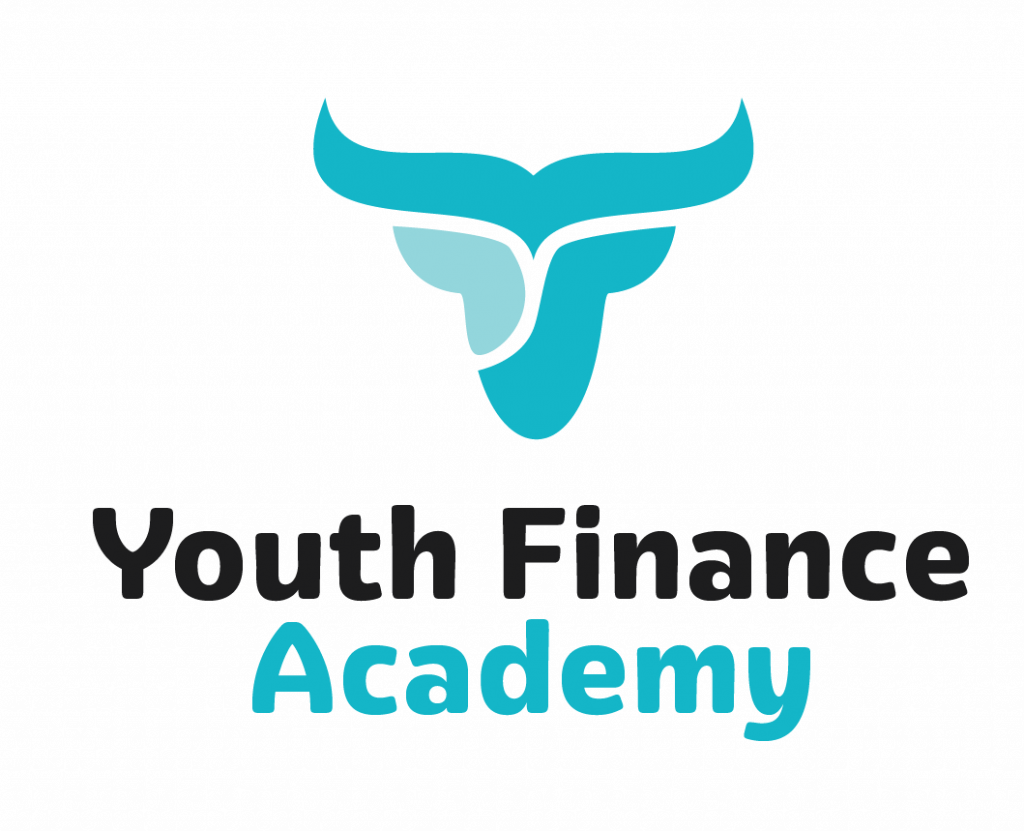
FINANCIAL LITERACY OF GENERATION Z|Greece
“SUMMARY OF FINANCIAL LITERACY OF GENERATION Z_English”
“Financial Literacy of Generation Z” is a national report of results of an online survey, conducted by the Entrepreneurship and Social Economy Group (EKO), in the context of the KA2 Erasmus+ project “Youth Finance Academy” (2020-2-RO01-KA205-080633) under the guidelines of the lead partner Monomyths, in Romania. The same survey was conducted in all countries of the partnership (Romania, Greece, Bulgaria, Norway, Denmark, Finland, Lithuania). The aim of the questionnaire was to map out the knowledge gaps, behaviours, and decisions taken by young people (18-30 years) and young entrepreneurs (18-30 years) in Greece in terms of management of their personal finances or the finances of their business. In total, 169 young people and 43 from young entrepreneurs from Greece participated in this survey, giving us a great insight into their financial literacy learning needs, and thorough guidance for designing and developing tailored learning tools and programmes for efficient financial education.
Report author: Elisavet Vasileiou (Graduate of Molecular Biology and Cognitive Neuroscience, project manager and youth worker in EKO).
Contributors: Stelios Arvanitidis (Graduate of Political Science, political analyst, Correspondent at the Observatory of International and European Affairs of AUTH and member of EKO’s youth team).
Evi Gkouma (Lawyer, with a specialization in environmental law, former volunteer in EKO’s ESC project “Solidarity through environmental education”).

According to the civil rights activist Cesar Chavez, “if you really want to make a friend, go to someone’s house and eat with him… the people who give you their food, give you their heart”. Food and cooking are essential elements of cultural identity and represent a great opportunity for cultural exchange and intercultural awareness. The cuisine may even provide a fertile ground for social integration of ethnic minorities and social groups through targeted practices! To find out how, read our new article “Food connecting people”!
Author: Anna Matula (Graduate of Law and Public Health, and currently an ESC Volunteer in EKO from Poland. Privately, a cooking lover and a seeker of new flavors).
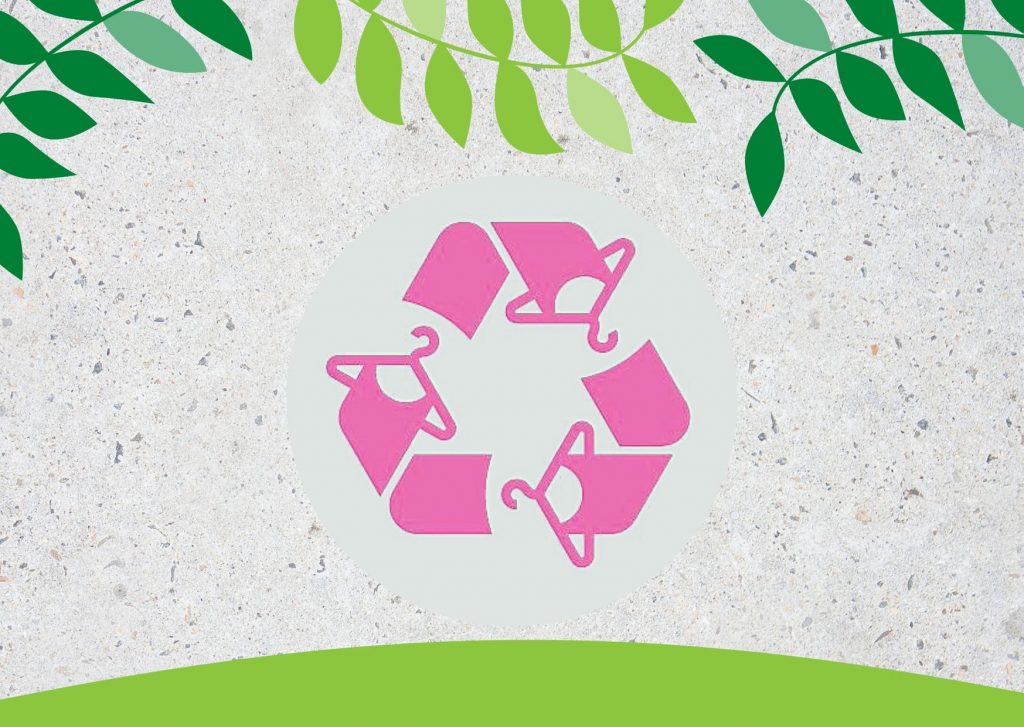
WHY IS SECOND-HAND SHOPPING IMPORTANT?
Nowadays, most people are conscious that using plastic bags for shopping, taking the car for short distances, eating meat everyday and throwing out recyclables is bad for the environment. However, there are some habits we rarely think about as environmentally damaging.
One of these habits, is buying new clothes at a regular pace. Most clothes today are made from polyester or acrylic, both forms of plastic. It is a by-product of the oil industry, and it is estimated that around 70 million barrels of oil are needed to produce the polyester used in fabrics each year.
Even if you’re buying new clothes made from natural materials, they’re going to have an environmental impact. Cotton is commonly used in clothing production and it takes 6.800 litres of water to make just one pair of jeans. It also requires a lot of pesticides to grow, with cotton consuming 10% of all agricultural chemicals and 25% of pesticides — for just 2.4% of land.
Taking that into account, it is evident that if you want to reduce your environmental impact, you should definitely shop for clothes second hand. Read our new article, “Why is second hand shopping important?” for more details.
Author: Elif Gerek (Sociologist, with a keen interest in ZeroWaste lifestyle and environmental sociology. She is also volunteering in NGOs to assist Green Entrepreneurs, and is responsible for Customer Services at WEGOZERO consultancy).
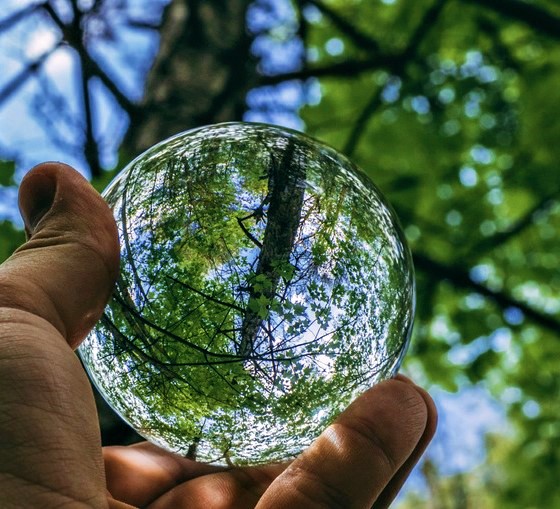
ENGAGE TOWARDS A GREENER FUTURE
“Engage towards a greener future” was an online survey, conducted by the Entrepreneurship and Social Economy Group (EKO), in the context of the KA3 Erasmus+ project “Youth Voice: We Are Shapers, Not Listeners” (2019-1-DK01-KA347-060095) under the guidelines of the lead partner Crossing Borders, in Denmark. The same survey was conducted in all countries of the partnership (Denmark, Greece, Netherlands, Romania, Portugal). Through this questionnaire young people (15-30 years) in Greece had the chance to voice their concerns, opinions and ideas on the most important environmental problems of our times, and the way towards a greener and viable future. In total, 230 young people from Greece participated in this survey, making it clear that today’s youth is increasingly aware and sensitized towards climate-change and sustainability-related issues.
Report author: George Fligos (Graduate of Geology and Geoenvironmental sciences, mentor of ESC Volunteers in EKO).
Data collection: Elisavet Vasileiou (Graduate of Molecular Biology and Biotechnology, youth worker and project manager in EKO).
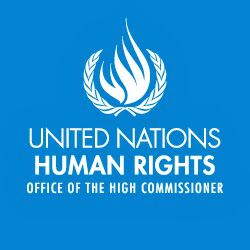
REPORT ON ENDING IMMIGRATION DETENTION OF CHILDREN AND SEEKING ADEQUATE RECEPTION AND CARE
The UN Special Rapporteur on the human rights of migrants, Mr. Felipe González Morales, has decided to focus his next thematic report on ending immigration detention of children and seeking adequate reception and care for them. The report will be submitted to the 75th session of the General Assembly (UNGA 75), which will open on Tuesday, 15 September 2020. With the aim to enhance the UN System’s interaction with civil society, the Special Rapporteur welcomes relevant inputs from Member States, National Human Rights Institutions, UN Agencies, civil society, academia and other stakeholders. The Entrepreneurship and Social Economy Group (EKO) is honored to have submitted an input-paper for the report of the 75th session of the UN General Assembly, with the intention to highlight the situation of Children’s Immigration Detention in Greece, a country at the frontline of Europe’s refugee crisis of 2015.
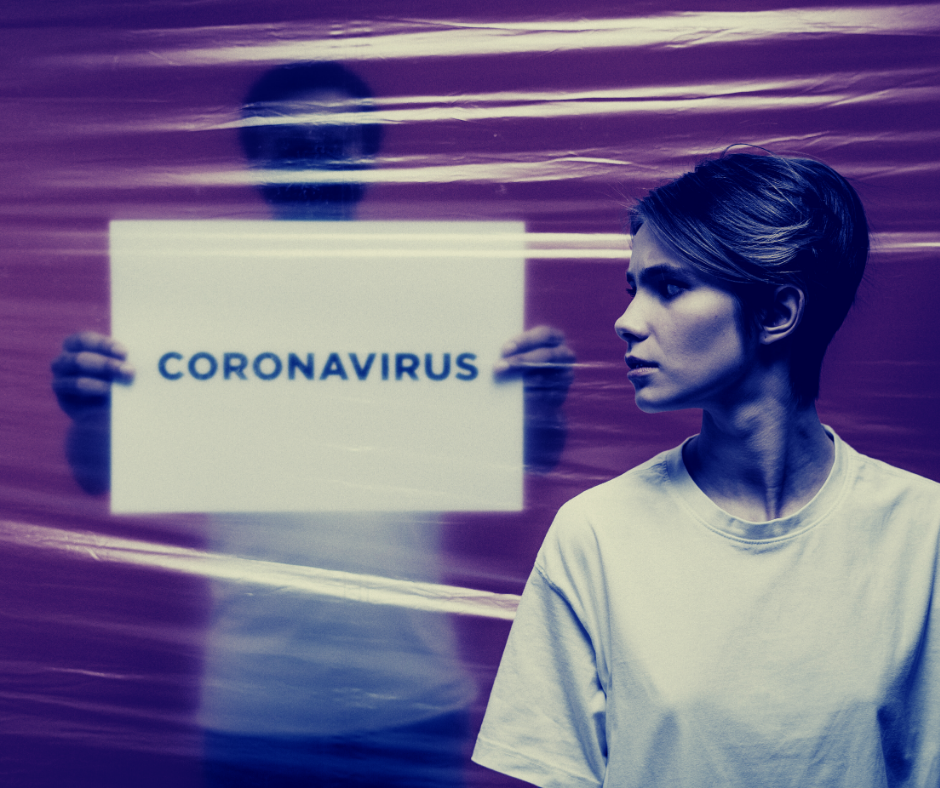
EUROPEAN SOLIDARITY AT STAKE: COVID-19 crisis and EU’s response
While Europe is facing a major health crisis with a wider social impact, the European Union is falling short in having a truly shared strategy. Although the continent of Europe has essentially become the epicentre of the COVID-19 pandemic, countermeasures were primarily enforced at a national level, with minimal coordination among EU-member states. Will European Solidarity pass the coronavirus crash-test?
Author: Stelios Arvanitidis (Graduate of Political Science, political analyst, Correspondent at the Observatory of International and European Affairs of the Aristotle University of Thessaloniki and member of EKO’s youth team).
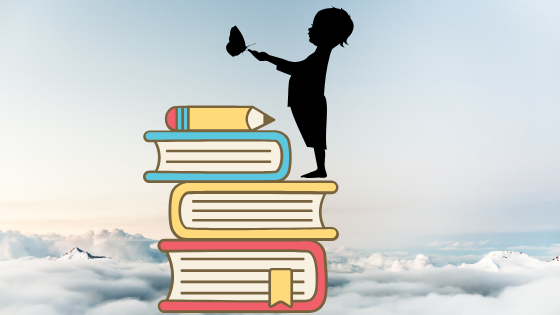
INPUT AND RECOMMENDATIONS:CIRCULAR ECONOMY IN YOUTH EDUCATION& HIGHER EDUCATION
In the face of an unabated growth of global resource consumption, and the consequent environmental degradation and climate change effects, the shift to a circular economy is considered as an urgent need, if we want to ensure a viable future for humans on this planet. Education is our most effective tool when it comes to shaping our future, hence, we must prioritize the readjustment of our current education model, into a system that can nurture young people who are aware of the sustainability challenges that our world faces and who are equipped with ideas, values, attitudes and skills on how to tackle them.
Author: Elisavet Vasileiou (Graduate of Molecular Biology and Biotechnology, youth worker and project manager in EKO).
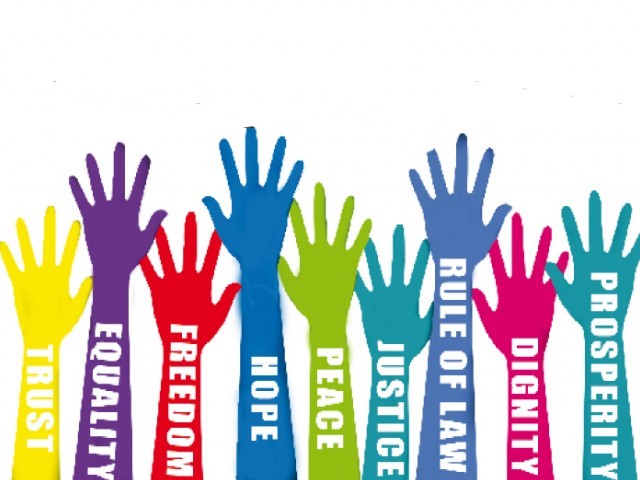
In the historical past, there was no such concept as human rights. Throughout most of history, people acquired rights and responsibilities through their belonging in a group – a family, a caste, a religion, a community, or state. In the wake of World War II, though, the idea of human rights emerged stronger and resulted finally in the document called the Universal Declaration of Human Rights (UDHR): a milestone document proclaiming the inalienable rights which everyone is inherently entitled to as a human being regardless of race, colour, religion, sex, language, political or other opinion, national or social origin, property, birth or other status. Human Rights Day is observed every year on 10 December — the day the United Nations General Assembly adopted, in 1948, the Universal Declaration of Human Rights (UDHR).
Authors: Gaia Sormani & Rosaria Orsitto (EKO’s European Solidarity Corps volunteers from Italy, who work for the promotion of youth empowerment and social inclusion, by organizing activities and events).
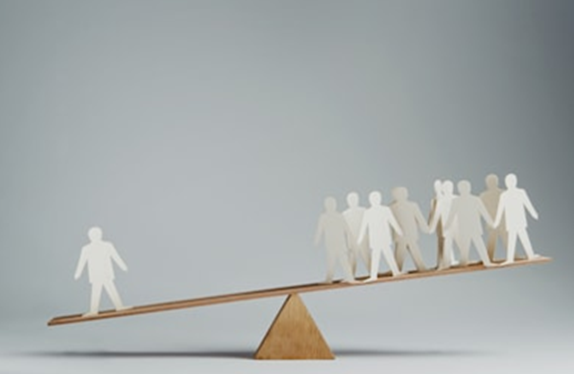
“Whenever I see a problem, I start a business”.
Social Entrepreneurship is part of the third sector of the economy, the Social Economy that lies between the private and public economic sectors. Social Entrepreneurship has become known over the last decade in Europe and globally, and through its ever-growing implementation for sustainable innovative businesses. Social and Solidarity Economy is defined all the economic activities that are based on an alternative form of organization production, distribution, consumption and reinvestment, based on the principles of democracy, the equality, solidarity, cooperation, as well as respect for people and the environment.
Author: Georgia Gkouva (As a graduate of Political Science & History and political analyst, during her co-operation with EKO, she developed her knowledge and experience on the concept of Circular Economy, Social Entrepreneurship and other projects).

CIRCULAR ECONOMY – CYCLADIC ISLANDS IN TRANSITION
In recent years a particular geographical place in Greece, has demonstrated its potential on the Circular Economy with great success.
The Cyclades, an island complex in the Aegean Sea, have many examples about the practices of Circular Economy. Some of these are worth mentioning!
Author: Georgia Gkouva (As a graduate of Political Science & History and political analyst, during her co-operation with EKO, she developed her knowledge and experience on the concept of Circular Economy and other projects).

WHAT ARE AND WHERE DO HUMAN RIGHTS COME FROM?
After the Second World War in 1945 and the atrocities that took place, the United Nations decided that it was time to create a series of rights recognising the inalienable dignity of human beings. Free of discrimination, inequality or distinctions of any kind, human dignity from that point onwards are promoted as universal, equal and inalienable.
But the history of Human Rights is much older…
Author: Eva Felix (As an Erasmus+ Intern for EKO, she gained extensive insights in the activities & the promoted objectives and believes of EKO, i.e. life-long learning, non-formal education, intercultural dialogue & exchange, Human Rights and the SDGs.
